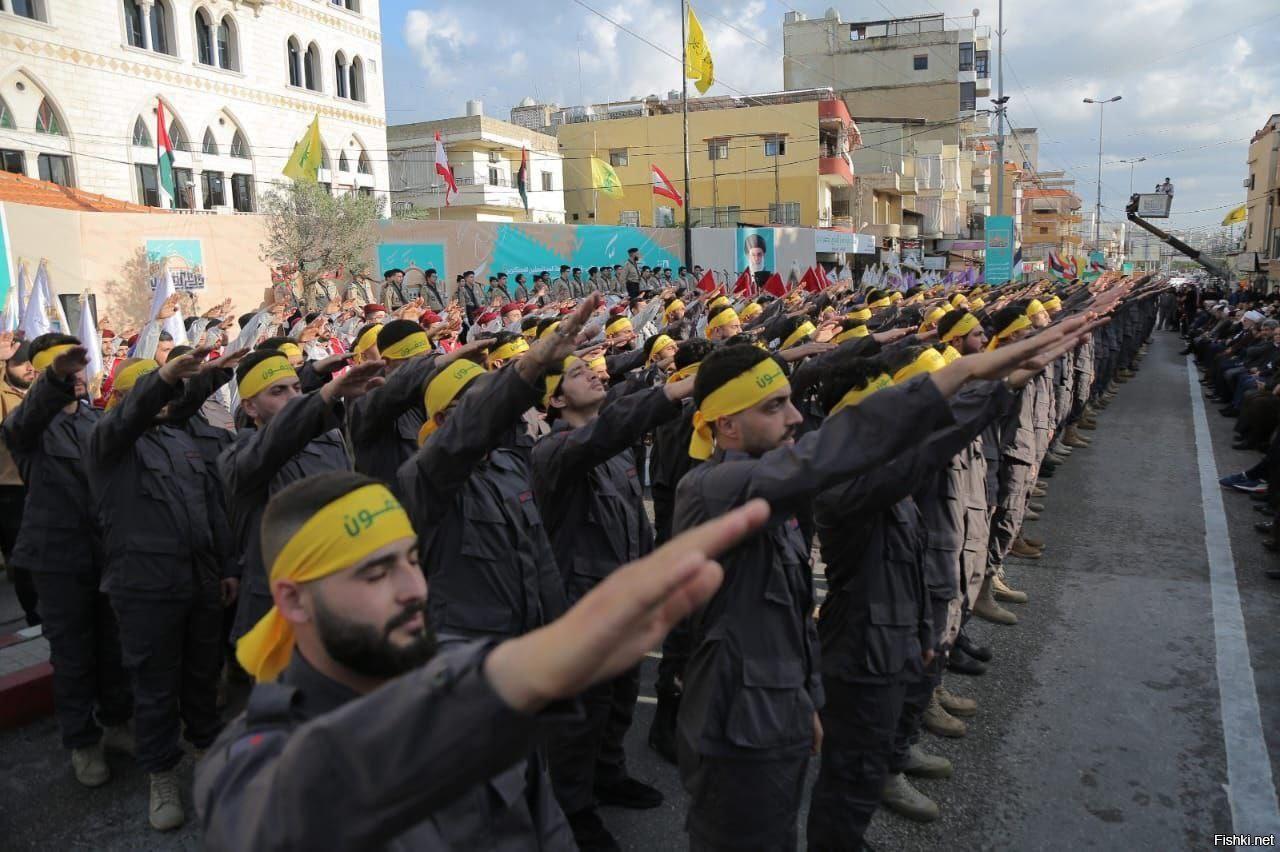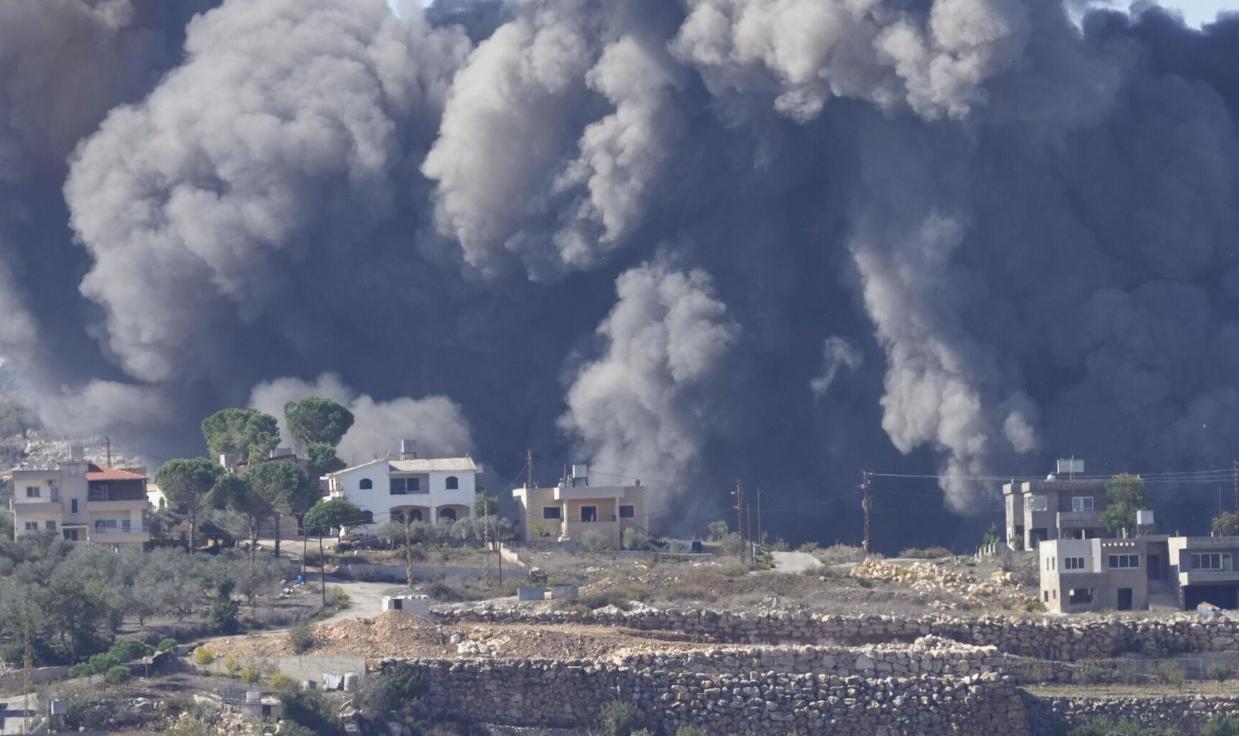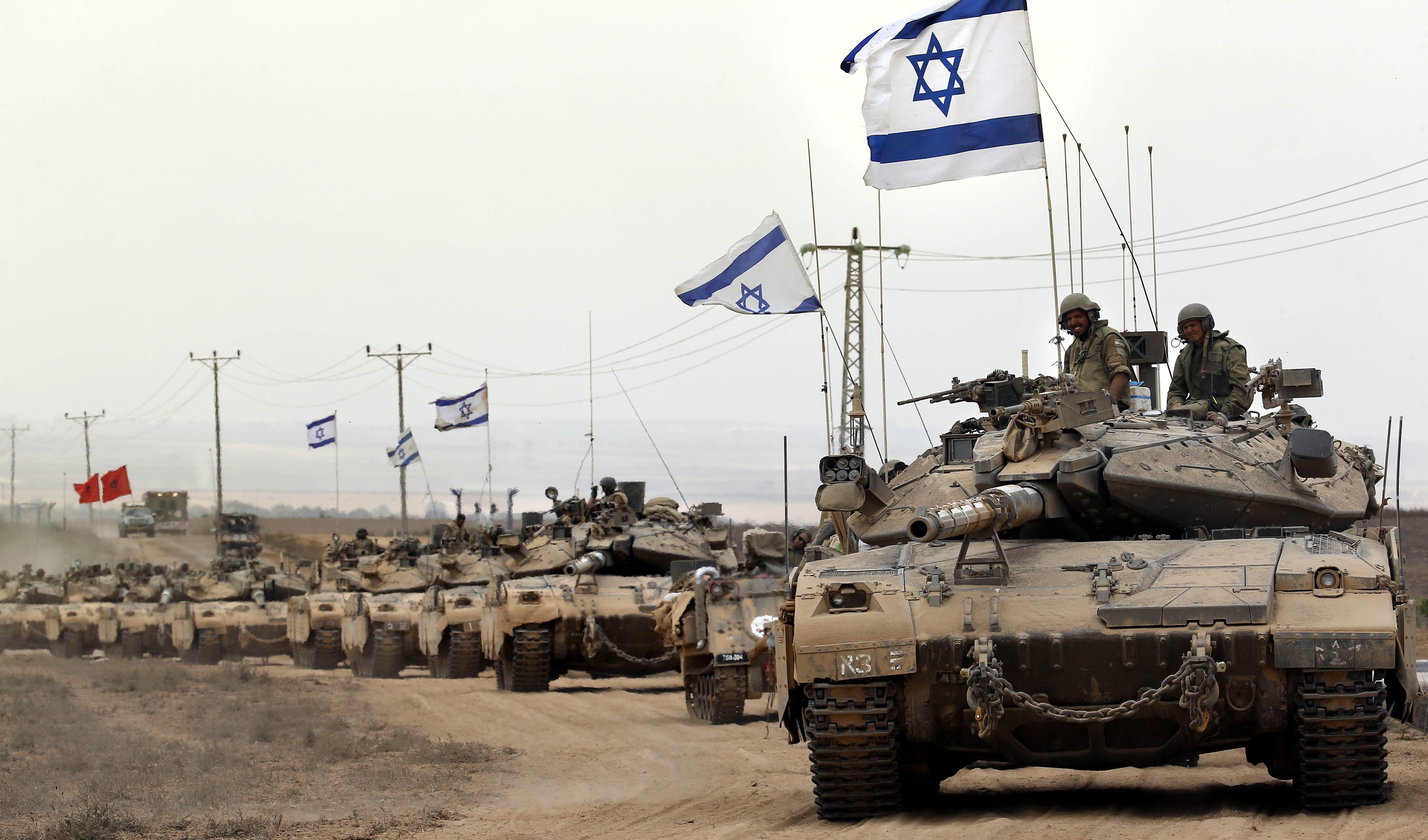Tensions surge as war clouds gather over Israel-Lebanon border June showdown looming
The situation between Israel and Hezbollah is escalating along the Lebanese-Israeli border. According to British sources, a major war could break out in June. Hezbollah's rockets and drones have been targeting Israeli settlements and military facilities up to 10-15 kilometres from the border, causing 60-70 thousand residents to evacuate their homes. Additionally, recent shelling has sparked forest fires in Israel, exacerbating issues in the northern region. The fires are reportedly nearing residential areas. Hezbollah is utilizing new types of drones to attack Israel, particularly those that launch missiles at the Israeli military and then transform into kamikaze drones.
Meanwhile, Israel is employing advanced precision weapons to eliminate Hezbollah's leadership, including high-ranking members. Furthermore, Israel is conducting extensive artillery and aerial strikes on Lebanon, prompting approximately 100,000 Lebanese residents to flee the border regions.
Hezbollah wields considerable authority in Lebanon, despite holding a small number of parliamentary seats. The group boasts the most formidable military presence in the nation, surpassing even the Lebanese army in terms of strength. Furthermore, Hezbollah's influence extends beyond its military capabilities, as it has formed strategic alliances with prominent figures in the intelligence services, along with maintaining crucial partnerships with the Shiite Amal party and one of the largest Christian political parties in the country, the Free Patriotic Movement (FPM).
On October 7 last year, the Palestinian organization Hamas, which controls the Gaza Strip, attacked Israel. Hamas demands an end to Israel's blockade of the Strip and the occupation of other Palestinian territories, ongoing since 1967. The militants killed 300 military personnel and 900 civilians, taking about 240 Israelis hostage before retreating to Gaza.
This was followed by massive Israeli bombings of the Gaza Strip and a ground operation by the Israeli army against Hamas. According to the Gaza Health Ministry, 36,000 residents of the Strip, most of them civilians, have been killed since then.
Meanwhile, Hezbollah began shelling Israeli settlements and military bases from Lebanese territory, opening a second (northern) front against Israel. It aims to force Israel to cease operations on the southern front, in Gaza.

Hamas, Hezbollah, and various other groups in Syria, Iraq, and Yemen are part of the Axis of Resistance, a coalition largely created, funded, and armed by Iran, exerting significant control in these regions. In response to Israel's attack on Gaza, Iran and its allies initiated pressure on Israel and the US, both members of the coalition. Hezbollah supported Hamas by targeting northern Israel, while the Hussites obstructed the Red Sea with missile strikes, disrupting global trade and undermining the US's international standing by exposing its inability to secure ships in the region. Additionally, pro-Iranian militias sporadically targeted US bases and Israeli territory from Syria, Iraq, and Yemen.
These actions are part of a broader conflict unfolding across five fronts in the Middle East. The underlying purpose is for Iran's Axis of Resistance coalition to diminish US and Israeli influence in the region. Despite Israel's backing, the US is reluctant to escalate tensions in the Middle East, given the potential costs and risks, especially in an election year. Consequently, the US is pressuring both Israel and Hamas to halt the conflict in Gaza, proposing a peace plan to facilitate a ceasefire. Israel has shown willingness to consider the American proposal, with the Israeli government indicating acceptance of the plan for a settlement and ceasefire in Gaza as of early June.
In addition, U.S. Representative Amos Hochstein is negotiating with Hezbollah and Israel to end the Lebanese-Israeli standoff.
Indeed, there's a strategic consideration at play. If Israel ceases its operations in Gaza, it could redirect its focus to the northern front, particularly for an offensive against Hezbollah in Lebanon. Engaging in a two-front war presents significant challenges. However, if a ceasefire is established in Gaza, Israel could potentially reallocate its military resources and attention to the north, thereby intensifying its efforts against Hezbollah.
The ratings of Benjamin Netanyahu - Israel's prime minister - are falling. The failure of the Israeli security forces on 7 October has dealt a severe blow to his reputation. There are also occasional mass demonstrations by his opponents. As long as the conflict persists, he maintains the status of a wartime leader, making it challenging to oust him from the highest office in the state.
According to the Lebanese publication "Al-Akhbar", Beirut has recently received diplomatic messages warning of an imminent Israeli strike, which could include a large-scale invasion of Lebanon. Sources familiar with the situation have reported that most international envoys have expressed concerns about the seriousness of the Israeli threat. They noted that the British side specifically mentioned a potential Israeli strike on Lebanon in mid-June and advised making necessary preparations for a war with an unknown scope and duration.

The Lebanese-Israeli war has been ongoing since October, with both sides being cautious to avoid uncontrolled escalation. Hezbollah has typically struck no further than 15 kilometres into enemy territory, while Israel has recently begun to increase the depth of its strikes. There is now concern that Israel may be preparing for a massive invasion of Lebanon, intending to occupy the southern part of the country and push Hezbollah out.
Former Lebanese government minister and Druze community leader Walid Jumblat expressed Qatari concern about Israel's intentions toward Lebanon during his recent visit to Doha, the capital of Qatar.
In addition, "Al-Akhbar" notes that before U.S. President Joe Biden announced Israel's offer to end the war in Gaza and conclude a prisoner exchange agreement between Israel and Hamas, Nabih Berri, the speaker of the Lebanese parliament and head of the Amal movement close to Hezbollah, received a phone call from Biden's energy security adviser Amos Hochstein. This envoy is in charge of Lebanese-Israeli negotiations. The conversation between the two lasted about 40 minutes. The U.S. official said that his administration was "pushing for the conclusion of negotiations on the southern front and working to achieve a truce in Gaza, and as soon as that happens, we will begin negotiations on those points that have not been agreed upon." The call was extremely surprising to Speaker Berri, "as Hochstein did not mention any specific proposals near or far."
Amos Hochstein seeks an end to Lebanese-Israeli exchanges of fire in the countries' border areas and the withdrawal of Hezbollah forces 10-15 kilometres from the border with Israel, beyond the Litani River.
"Al-Akhbar" also points out that Arab sources related to the ongoing Gaza negotiations quoted Israeli officials as saying that Hezbollah is exerting strong pressure on the northern front and that Israel cannot tolerate this pressure and there are many requests from the Israeli army - political level requests - to take serious deterrent measures against Hezbollah and the Lebanese government.
Other facts also point to the growing tension between Lebanon and Israel.

The head of the Religious Zionism party and Israeli Finance Minister Bezalel Smotrich called on Monday for the re-establishment of a buffer zone and war with Lebanon, saying that "the situation in the north is deteriorating and we must move the buffer zone from Israeli territory in the Galilee to southern Lebanon, including the ground entrance [of the Israeli army], occupation of territory and expulsion of Hezbollah terrorists and hundreds of thousands of Lebanese, among whom Hezbollah is hiding across the Litani River, combined with a devastating attack on all Lebanese infrastructure, destroying Hezbollah's centres of gravity and seriously damaging the terror capital, Beirut."
It appears that there is an increasing likelihood of Israel launching a large-scale strike against Lebanon. Local media reports indicate that Lebanese authorities have been warned, particularly by the British, that Israel has scheduled a strike for the middle of this month.
There's also an important report from a Hezbollah parliamentary source who mentioned that they are not bothered by Israeli threats or Western warnings, as they are prepared for any scenario. They believe that the threats are meant to intimidate and pressure the resistance and to impose Israeli conditions on Lebanon.
The source also mentioned that they do not underestimate the enemy, but if Israel takes aggressive action, they will respond accordingly. They also pointed out that recent displays of their weapons and capabilities are just a small part of what they have yet to reveal.
It seems that the threat of a full-scale war between Lebanon and Israel is looming, which is concerning for both sides. However, this is a complex topic that warrants further discussion.
Opinions expressed by guest columnists in their op-eds may vary and do not necessarily represent the views of the editorial board.








